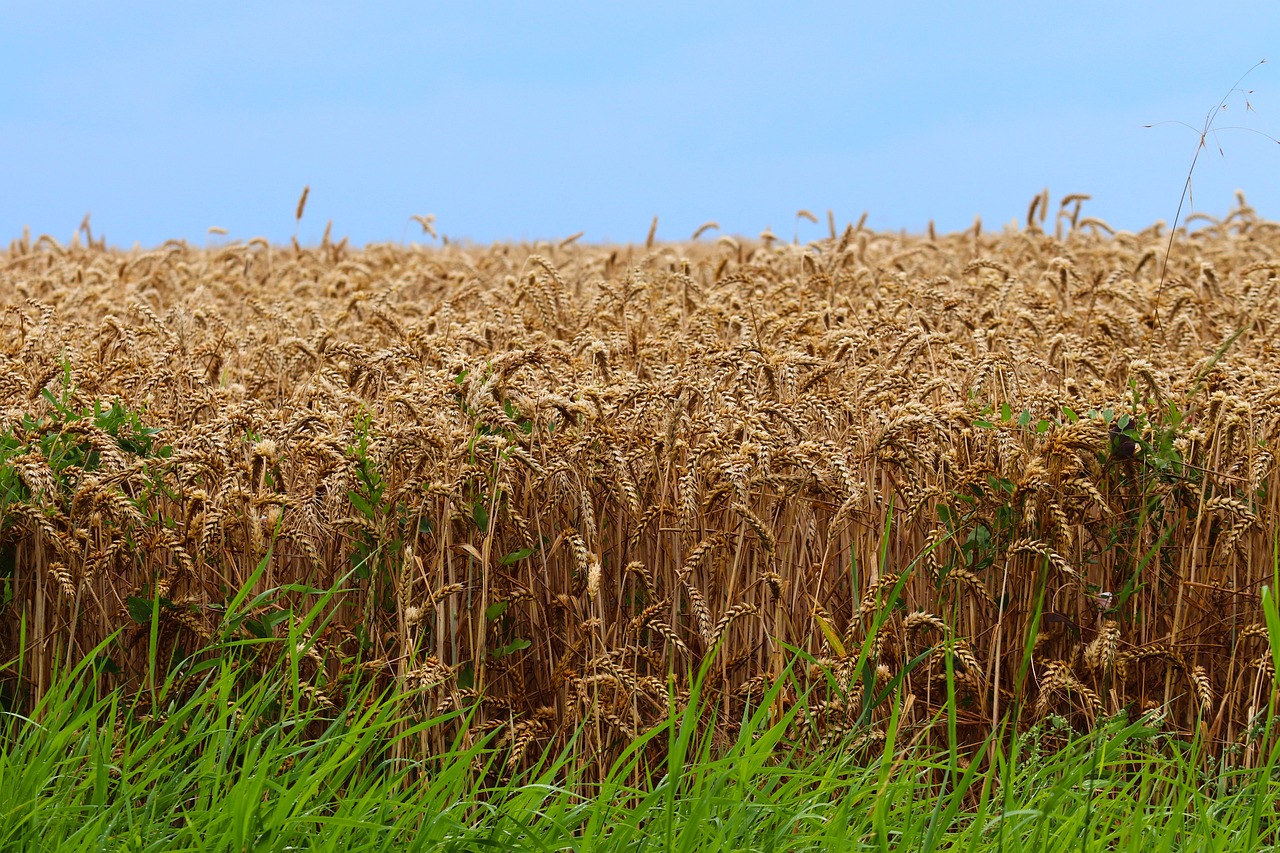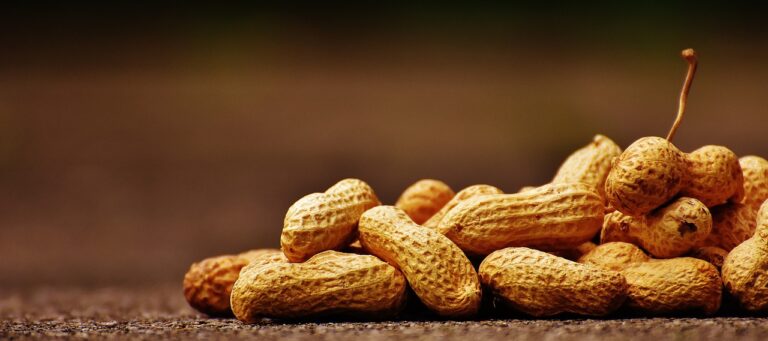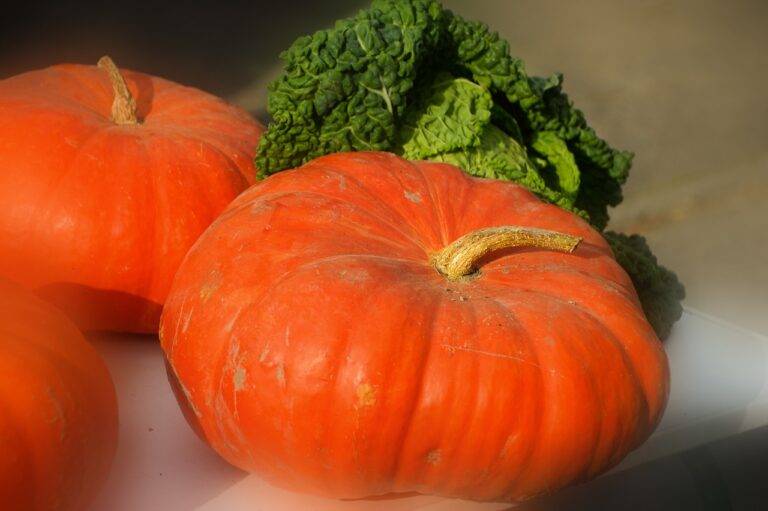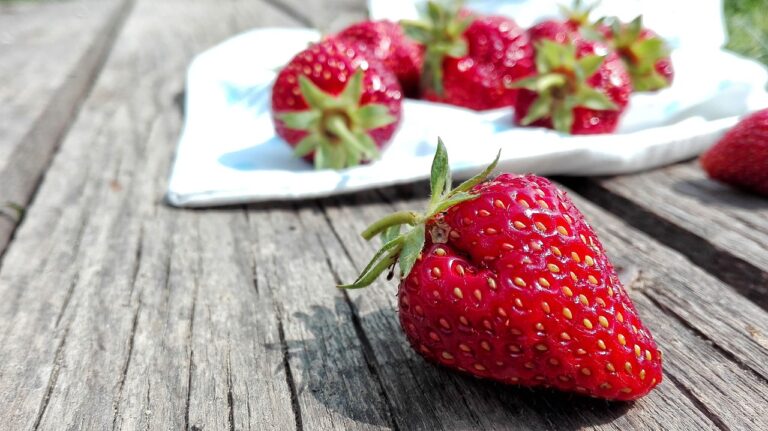The Role of Bees in Crop Production: 11xplay sign up, India 24 bet login, Skyinplay.com login
11xplay sign up, india 24 bet login, skyinplay.com login: Bees play an essential role in crop production, serving as pollinators for many of the fruits and vegetables that we consume on a daily basis. Their role in agriculture cannot be overstated, as they contribute to the reproduction of plants by transferring pollen from the male parts of a flower to the female parts. This process is crucial for the development of fruits, seeds, and nuts.
Without bees, many crops would not be able to produce a sufficient yield, leading to a decrease in food supply and an increase in prices. In fact, it is estimated that bees are responsible for pollinating one-third of all of the food that we eat. This includes popular crops such as apples, almonds, blueberries, avocados, and many more.
The decline in bee populations in recent years has raised concerns about the future of crop production. Factors such as habitat loss, pesticide use, climate change, and diseases have all contributed to the decrease in bee numbers. This is why it is crucial to understand the role of bees in agriculture and take steps to protect and support their populations.
Pollination Process
The pollination process is a vital step in crop production, and bees are the primary pollinators for many plants. When a bee lands on a flower to collect nectar, pollen grains stick to its hairy body. As the bee moves from flower to flower, it transfers this pollen to the stigma of other flowers, allowing for fertilization to occur.
This fertilization process is necessary for the development of fruits and seeds. Without successful pollination, many plants would not be able to reproduce, leading to decreased crop yields and a loss of biodiversity. Bees play a key role in this process by efficiently moving pollen between flowers while collecting nectar for their hives.
Impact on Crop Production
The impact of bees on crop production cannot be underestimated. Studies have shown that crops benefit greatly from bee pollination, leading to increased yields and improved quality. In fact, some crops such as almonds are entirely dependent on bees for pollination, with beekeepers transporting hives to almond orchards during the blooming season to ensure a successful harvest.
Bees also help to increase the genetic diversity of plants by facilitating cross-pollination between different varieties. This genetic diversity is essential for the resilience of crops in the face of changing environmental conditions and pests. Without bees, many plants would not be able to adapt and evolve, leading to a decrease in crop diversity and the overall health of agricultural systems.
Importance of Bee Conservation
Given the critical role that bees play in crop production, it is essential to take steps to conserve and protect bee populations. This includes creating habitat for bees to thrive, reducing pesticide use, and increasing awareness about the importance of pollinators in agriculture. By supporting bee conservation efforts, we can ensure the future of crop production and food security for generations to come.
FAQs
Q: What can I do to help support bee populations?
A: You can plant bee-friendly flowers and herbs in your garden, avoid using pesticides, and support local beekeepers by purchasing honey and beeswax products.
Q: Are all bees important for crop production?
A: While honeybees are the most commonly recognized pollinators, wild bees and other pollinators also play a crucial role in crop production.
Q: How can farmers support bee populations on their land?
A: Farmers can create habitat for bees by planting wildflowers, providing nesting sites, and reducing pesticide use to support bee populations on their land.
Q: What are the consequences of bee population decline?
A: The decline in bee populations can lead to decreased crop yields, loss of biodiversity, and increased food prices due to the reduced availability of pollinated crops.
In conclusion, bees play a vital role in crop production by facilitating the pollination process for many of the fruits and vegetables that we consume. Their impact on agriculture cannot be overstated, and it is essential to take steps to protect and support bee populations to ensure the future of food security. By understanding the importance of bees in agriculture and taking action to conserve their populations, we can help to maintain a healthy and sustainable food system for generations to come.







